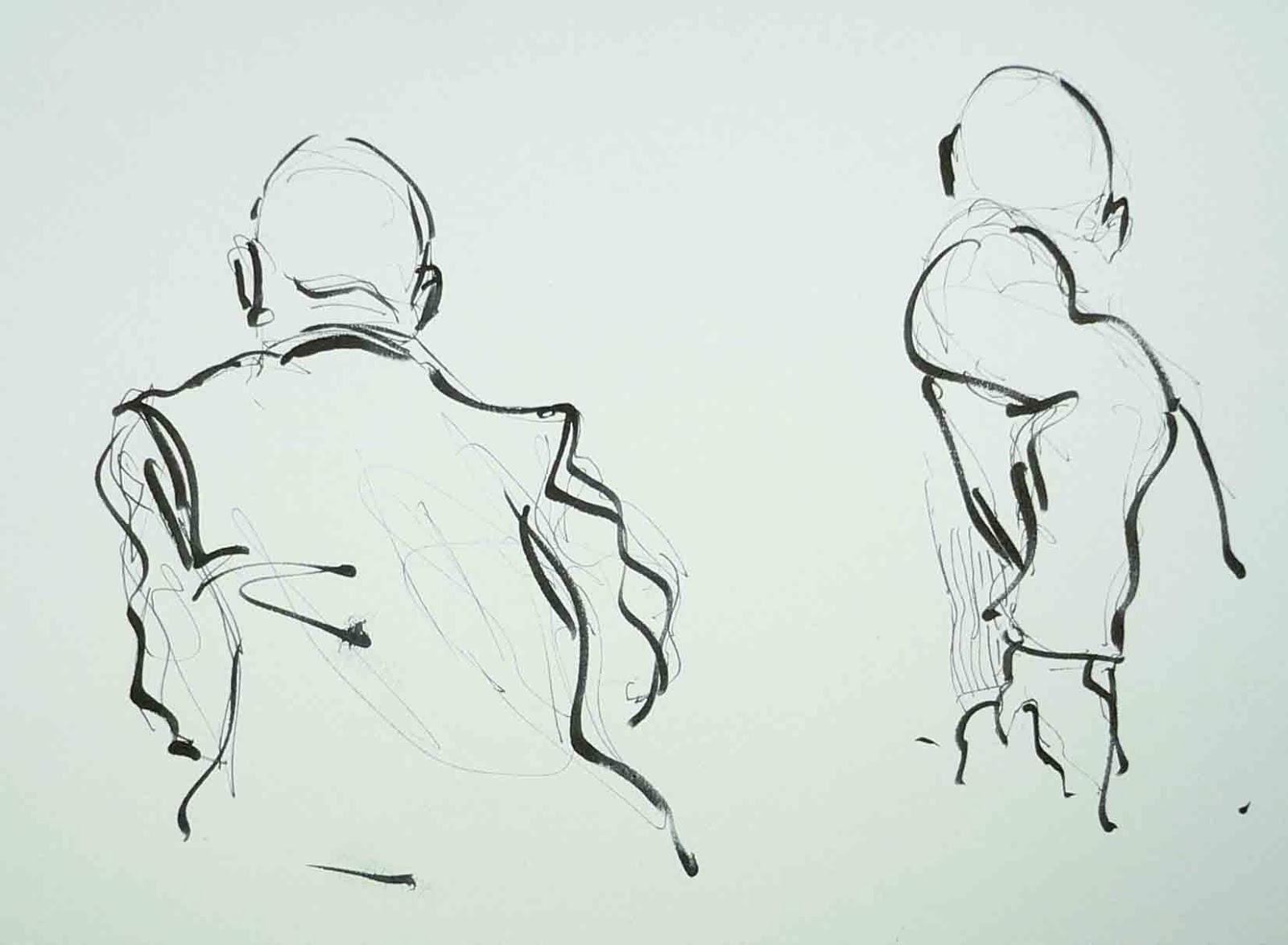[contextly_auto_sidebar id=”ROMsOl9zpaFV5jgvLNLJ0rCpL0m6Gx1a”]
Former Director of Public Prosecutions Keir Starmer’s proposal for a new ‘victims’ law’ is nothing more than ‘political point-scoring’, said barrister Barbara Hewson at a debate about victims’ rights at the Battle of Ideas festival last weekend.
‘All this talk about a “victims’ law” is just a form of PR,’ she said. ‘“Victims’ rights” sounds like motherhood and apple pie – who would disagree with it?’
Hewson shared a panel at the Barbican Centre with Samantha Cohen and Sally Fudge – both barristers who specialise in prosecuting cases involving allegations of sexual assault – and John Fitzpatrick, professor of law and director of Kent Law Clinic at the University of Kent. Keir Starmer had initially committed to being on the panel, but couldn’t make it in the end – much to the dismay of the audience and the others on the panel.
The debate’s chair, Spiked legal editor and solicitor Luke Gittos, kicked off by telling the debate that he couldn’t quite make up his mind whether Labour’s proposed ‘victims’ law’was a ‘disaster for defendants’ rights’or ‘a complete sham.’
Hewson – who describes herself as ‘pro-autonomy and anti-victimhood’- took both views. Criticising Starmer’s suggestion that our criminal justice system does not serve victims well, she pointed out that ‘the state has given victims rights for a long time’. From the establishment of the Criminal Injuries Compensation Authority, to the introduction of special measures for vulnerable witnesses and victim impact statements, ‘victims, as matters stand, are at the centre of the criminal justice system,’ said Hewson. ‘And we should interrogate very critically the idea that they are on the periphery.’
Presumption of guilt
‘The elision of complainants and victims’ is also problematic, according to Hewson. The police routinely speak of the need to ‘protect victims’, she said, which is conditioning the public to accept a ‘presumption of guilt’.
Hewson wasn’t the only member of the panel to express concerns about the erosion of the presumption of innocence at the hands of an increasingly victim-centric criminal justice system.
Sally Fudge, a barrister specialising in the prosecution of sexual offences, reminded the debate that ‘a person is not a victim unless and until a defendant is convicted’. ‘Until then, they are a complainant,’she said.
Fudge went on to list the numerous safeguards already in place to help complainants – such as the option to pre-record their evidence in a room outside the court room, or give their evidence behind a screen. ’Too much focus on victims’ rights risks undermining our criminal justice system,’she added.
Sam Cohen – who also prosecutes sexual offences – agreed that plenty of safeguards were already in place to protect complainants in the criminal justice system. While their treatment was once ‘a national embarrassment’, reforms have now corrected the ‘obvious deficits’, she said.
A pendulum swing too far?
John Fitzpatrick, who has been teaching human rights law at Kent University for 22 years, argued that such reforms have enabled the pendulum to swing too far in the direction of victims’ rights. ‘Since 1993, every single measure introduced has made it easier to convict people,’he said.
Allowing the jury to see the bad character evidence of the defendant, restraining the cross-examination of complainants and redefining rape were some of the measures put forward by Fitzpatrick to suggest that the criminal justice system has been adjusted to favour the prosecution. ‘It’s fallacious to suggest that making it easier to convict people who have been arrested by police will protect people or satisfy victims,’said Fitzpatrick. ‘Common sense suggests we should be careful about that.’
Avoiding acquittals?
The idea that ‘we must believe the complainant’ has resulted in a certain dismantling of protections for the accused, casting doubt on whether they can receive a fair trial, argued Barbara Hewson at the debate.
‘Keir Starmer has been highly influential in putting forward the idea that the victim must be believed, that it is “more sophisticated” to start with the presumption that the victim is telling the truth,’she said. But the notion that the Crown Prosecution Service (CPS) are becoming ‘advocates for complainants’ is ‘deeply problematic’, she said. ‘This is not the role of the CPS – they have to act in the wider public interest.’
Sally Fudge – herself a prosecution advocate in cases of a sexual nature – told the debate that prosecutors are now obliged to fill in a form if a defendant they have prosecuted is acquitted, answering the question ‘how could an acquittal have been avoided?’
There is ‘an air of desperation’ about this, according to Fudge, with the CPS aiming to please a public intent on seeing more successful prosecutions of rape. In fact, argued Fudge, the introduction of more and more reforms to protect victims is a veil to ‘cover up institutional problems.’
‘The CPS is woefully underfunded,’ she said, meaning overworked caseworkers and lawyers are not giving complainants, witnesses and victims the ‘level of service they deserve’. ‘But unless the case is looked after properly before trial, saying they should be looked after in court is never going to achieve a sense of justice for victims.’
Equal footing
Suggestions for reform of the system ranged from pumping more money into it, to abolishing the dock and sitting defendants with their lawyers, to introducing more protections for defendants giving evidence to ‘even out’ the system – not introducing more measures to protect victims.
After a fairly one-sided debate, the general consensus was that the rights of victims are already well-protected, and further reforms – such as the introduction of a ‘victims’ law’- will only serve to erode the already-weakened rights of defendants. ‘And that’s not something to be proud of in a mature democracy,’ warned Hewson.








